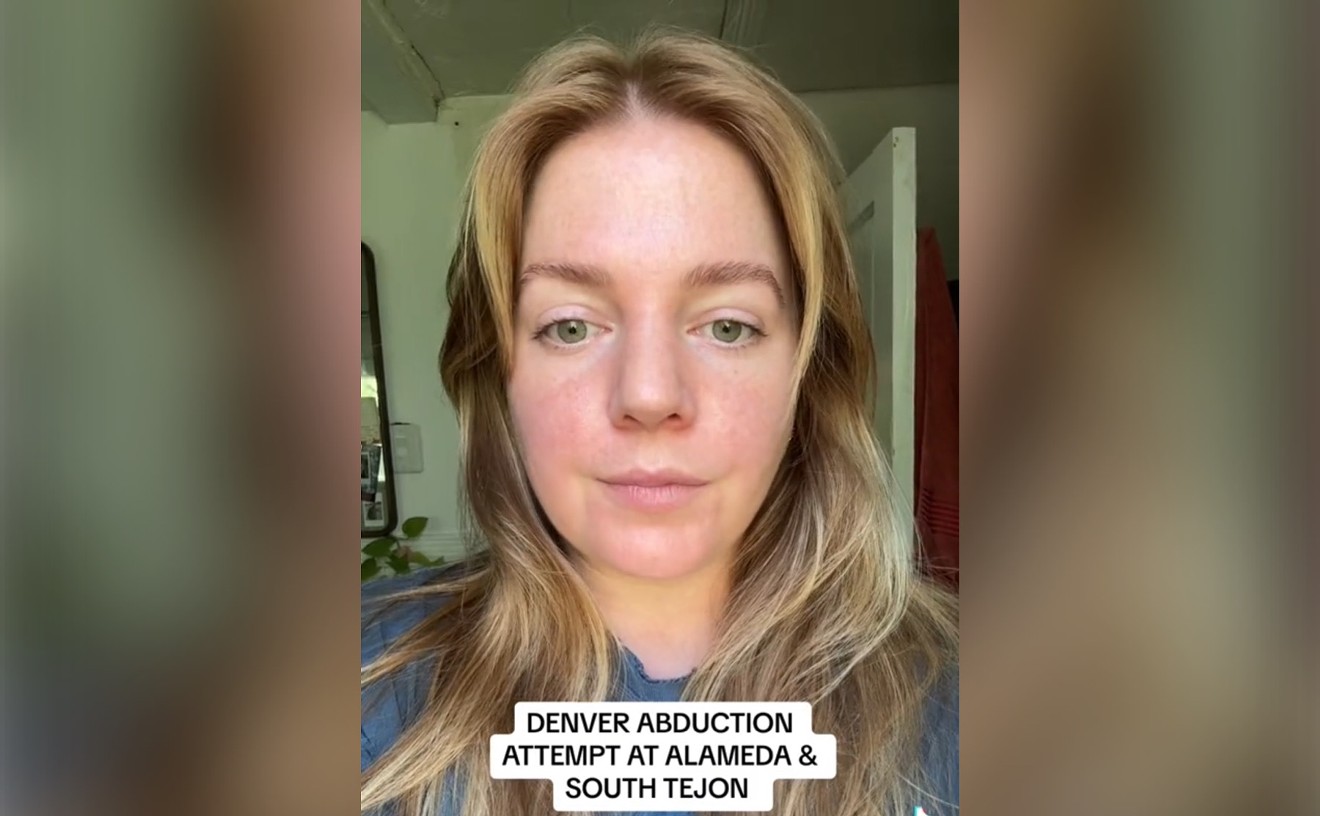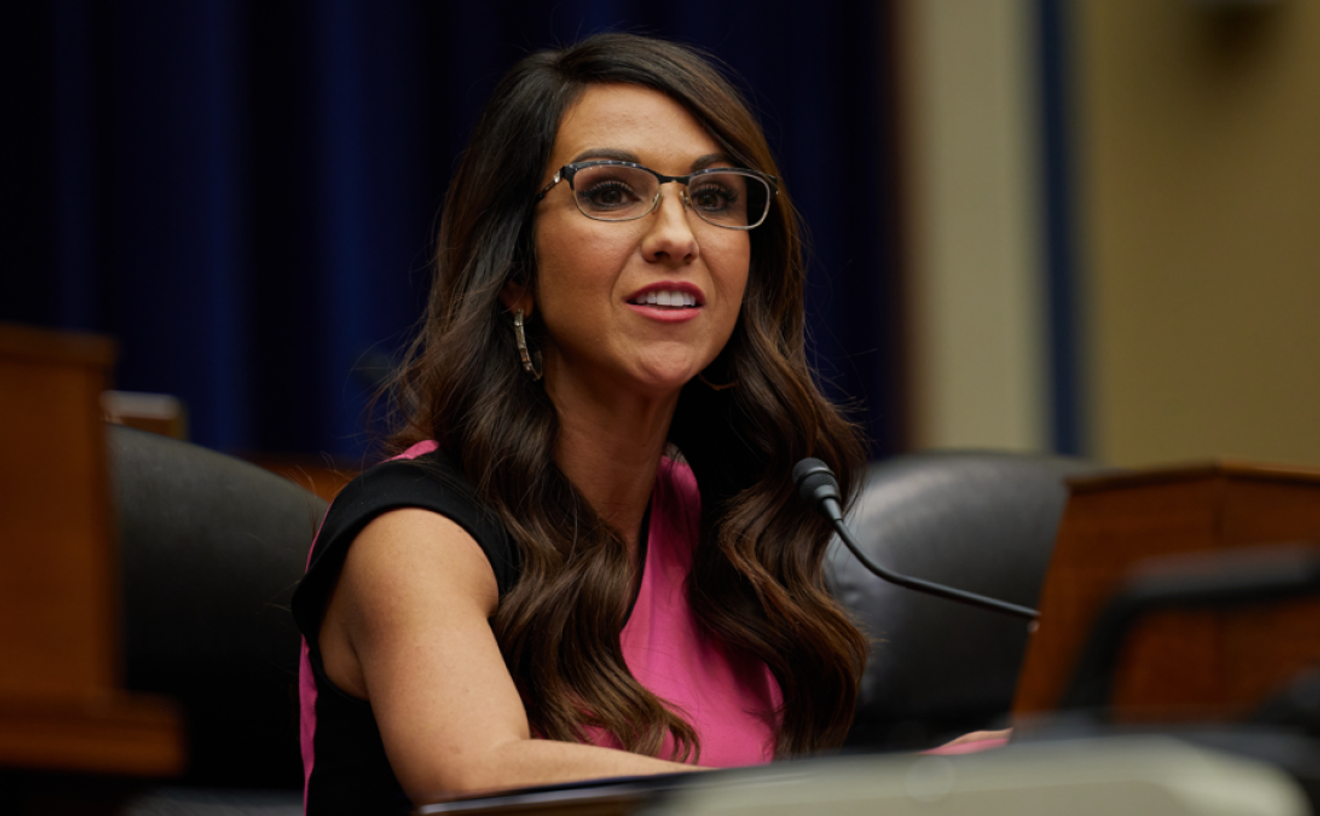As overdose deaths involving fentanyl and stimulants continue to climb across the state, public health and harm reduction advocates are bracing for the arrival of another new, synthetic adulterant in the street-drug supply: xylazine. This sedative medication used in veterinary medicine and not approved for use in humans is increasingly being mixed in with other drugs, most often illicitly manufactured fentanyl, to potentiate and prolong the drug’s effect.
It is all but certain that xylazine will further contaminate an already contaminated drug supply in our state. According to the DEA, xylazine has been found in seized fentanyl samples in 48 out of 50 states but is most highly concentrated in the Northeast. In Philadelphia, 90 percent of fentanyl samples now contain xylazine, and the DEA estimates that 23 percent of fentanyl powder and 7 percent of fentanyl pills contain xylazine nationwide. What remains to be seen, however, is how we, as a state, decide to address this emerging crisis.
Also known as “tranq,” xylazine can decrease blood pressure and heart rate and slow breathing, increasing the risk of overdose. It also constricts blood vessels in the arms and legs, leading to decreased blood flow and tissue damage — which can be a risk factor for skin infections and chronic wounds. As physicians concerned about the negative health effects of xylazine in humans, we understand how dangerous this drug can be. However, news media stories sensationalizing xylazine as a new “zombie drug” are as stigmatizing as they are unhelpful; they do nothing to help Coloradans stay safe. “Cracking down” on xylazine through criminal penalties won’t work, either. Xylazine is a public health problem in need of a public health solution.
Some states are already getting it wrong. Pennsylvania Governor Josh Shapiro recently submitted a notice of intent to temporarily add xylazine to the list of Schedule 3 drugs under Pennsylvania's Controlled Substance, Drug, Device, and Cosmetic Act. His rationale: "Scheduling these drugs allows us to put tighter controls, security and record-keeping requirements in place to keep them out of communities.” We know from experience with other drugs that this approach is misguided.
The appearance of xylazine in the drug supply is an unfortunate but expected consequence of fifty years of failed policies enforcing ever-harsher penalties for transporting, selling and using drugs. The focus on reducing the supply of drugs but not the demand for drugs has proven futile. Through it all, clandestine drug manufacturers have remained one step ahead by synthesizing increasingly potent, easily transportable and difficult-to-detect drugs. While we continue to invest billions of dollars in this game of chemical whack-a-mole, more than 100,000 Americans and 1,800 Coloradans die from drug overdoses each year.
Unlike states like Pennsylvania and others in the Northeast that have already been hit hard by xylazine, Colorado has the benefit of foresight enabling us to respond proactively. How, then, in the face of this new threat, will we keep our loved ones and communities safe and healthy amid this increasingly risky drug supply?
First — and somewhere that we can all likely agree — is increasing public education and awareness about xylazine. Nearly every state health department has an alert on its website, as does the Drug Enforcement Administration, the Centers for Disease Control and Prevention, and the National Institutes of Health. The Colorado Department of Public Health and Environment does not. CDPHE must be out in front of this crisis and not simply practice reactionary public health. Where are the billboards? Where are the public service announcements? With CDPHE staying quiet, the media has been filling this information gap with its unscientific “zombie drug” narrative. We need factual information that people can share in educational conversations and use to make safer choices.
Second, we need legislators and government officials to listen to public health experts as well as addiction and infectious disease specialists on effective approaches. Unfortunately, the opioid blocker naloxone doesn’t work against xylazine — xylazine is not an opioid. Criminalizing xylazine use and incarcerating people who possess it will only worsen health outcomes, considering the severe skin infections that can arise from its use. In the case of xylazine, there is great urgency to focus on evidence-based public health strategies that decrease the harms of drug use. Urgent investment is needed in expanding access to medications for opioid use disorder such as methadone and buprenorphine, which decrease opioid use. Urgent investment is needed in mental health care that addresses some of the reasons that people use drugs in the first place. Urgent investment is needed in clean syringes and injection equipment to reduce the chances of infection. Urgent investment is needed in drug-checking supplies, such as xylazine test strips that can help individuals identify if their supply is contaminated. And yes, xylazine presents yet one more urgent case for authorization of overdose prevention centers.
This summer, the Colorado Opioid and Other Substance Use Disorders Study Committee is convening with five senators and five representatives — half Democrats and half Republicans — who must review data and statistics on the scope of the substance use disorder problem in the state. (The next meeting is July 19.) This is a near-perfect opportunity for our state. When fentanyl arrived, we wasted time and resources responding with punishment instead of public health. Now, for thousands of Coloradans, it’s too late.
Instead of waiting on xylazine, we have an opportunity to lead the nation with a proactive and evidence-based response to the evolving drug supply. But time is of the essence if we wish to avoid repeating past mistakes. To save lives, we must act swiftly and compassionately as a state that cares about people struggling with addiction in the context of this increasingly toxic drug supply.
Sarah Axelrath is a primary care and addiction medicine physician at the Colorado Coalition for the Homeless. Josh Barocas is an infectious diseases physician and addiction researcher at the University of Colorado School of Medicine.
Westword.com frequently publishes commentaries on matters of interest to the community on weekends. Have one you'd like to submit? Send it to [email protected], where you can also comment on this piece.
[
{
"name": "Air - MediumRectangle - Inline Content - Mobile Display Size",
"component": "12017618",
"insertPoint": "2",
"requiredCountToDisplay": "2",
"watchElement": ".fdn-content-body",
"astAdList": [
{
"adType": "rectangle",
"displayTargets": "mobile"
}
]
},{
"name": "Editor Picks",
"component": "17242653",
"insertPoint": "4",
"requiredCountToDisplay": "1",
"watchElement": ".fdn-content-body",
"astAdList": [
{
"adType": "rectangle",
"displayTargets": "desktop|tablet"
},{
"adType": "rectangle",
"displayTargets": "desktop|tablet|mobile"
}
]
},{
"name": "Inline Links",
"component": "18838239",
"insertPoint": "8th",
"startingPoint": 8,
"requiredCountToDisplay": "7",
"maxInsertions": 25
},{
"name": "Air - MediumRectangle - Combo - Inline Content",
"component": "17261320",
"insertPoint": "8th",
"startingPoint": 8,
"requiredCountToDisplay": "7",
"maxInsertions": 25,
"watchElement": ".fdn-content-body",
"astAdList": [
{
"adType": "rectangle",
"displayTargets": "desktop|tablet"
},{
"adType": "rectangle",
"displayTargets": "desktop|tablet|mobile"
}
]
},{
"name": "Inline Links",
"component": "18838239",
"insertPoint": "8th",
"startingPoint": 12,
"requiredCountToDisplay": "11",
"maxInsertions": 25
},{
"name": "Air - Leaderboard Tower - Combo - Inline Content",
"component": "17261321",
"insertPoint": "8th",
"startingPoint": 12,
"requiredCountToDisplay": "11",
"maxInsertions": 25,
"watchElement": ".fdn-content-body",
"astAdList": [
{
"adType": "leaderboardInlineContent",
"displayTargets": "desktop|tablet"
},{
"adType": "tower",
"displayTargets": "mobile"
}
]
}
]












